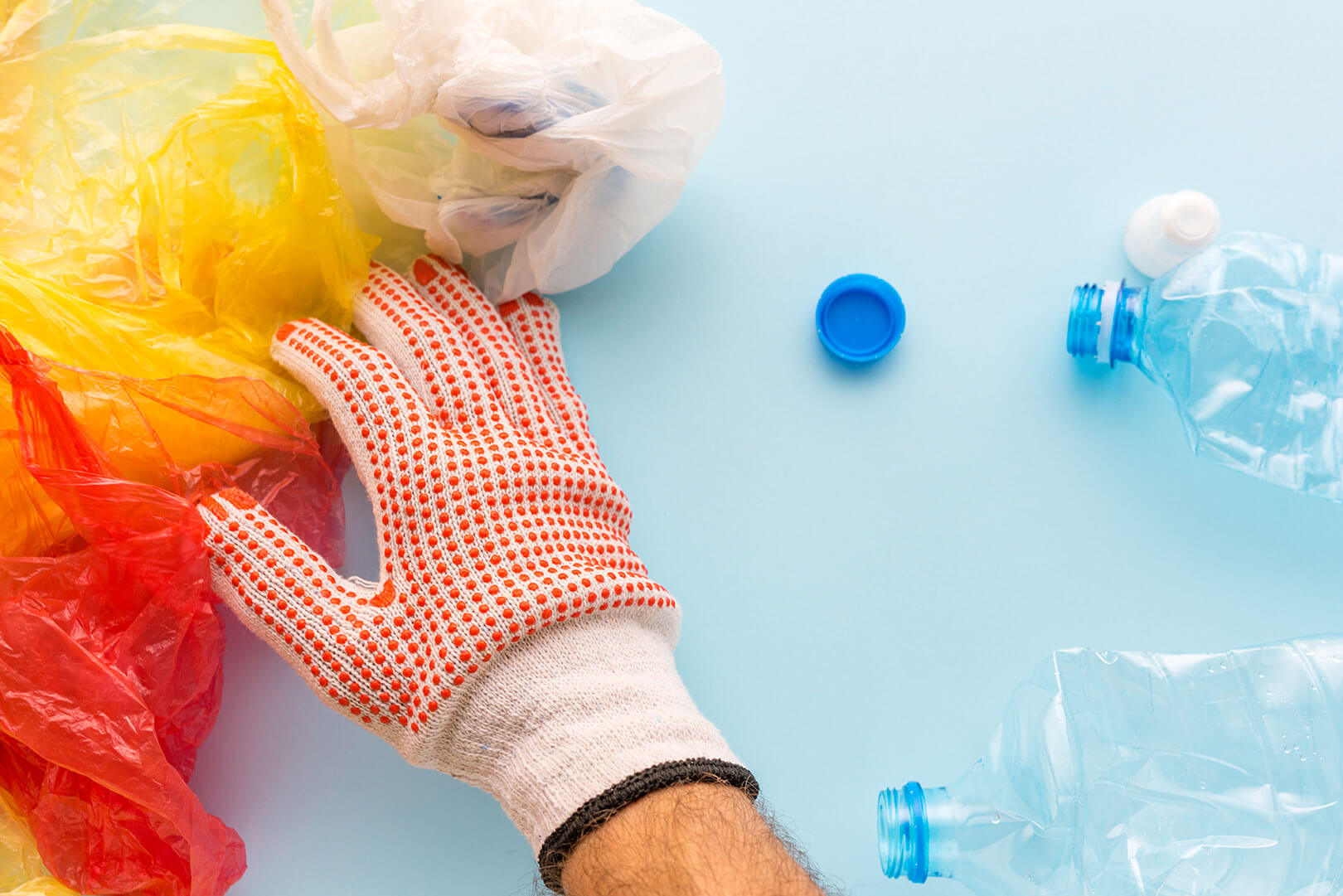
The hidden cost of convenience: who pays for our single-use plastic addiction?
Let’s explore why single-use plastic dominates our society, its hidden costs, and how you can take action to reduce plastic waste.
Are you sure you want to remove this item from cart?

Written by
on
5 minutes to read
The reintroduction of the Break Free From Plastic Pollution Act is one to celebrate. This past October 25, Senator Jeff Merkley (D-OR) and U.S. Representative Jared Huffman (D-CA-02), along with 130 co-sponsors, reintroduced in Congress one of the most comprehensive approaches to finding a real solution to plastic pollution.

But why does this matter? Plastic pollution is REAL. It’s a global crisis that demands real solutions for businesses, industries, corporations, and communities to take action. An estimated 450,000,000 tons of plastic is produced each year, a number that is projected to triple by 2050. If you compare this with the fact that 91% of plastic is never recycled, you can understand better why strategies like the Break Free from Plastic Pollution Act are essential.
This article provides a comprehensive guide for businesses to align with sustainable goals and outlines the implications of the Break Free from Plastic Pollution Act for them.
The Break Free From Plastic Pollution Act represents the most complete American federal bill proposal for fighting plastic pollution. It aims to reduce plastic production and waste and reform recycling systems.

Some of the main objectives of the bill are:
The objectives of the Break Free From Plastic Pollution Act are clear. Each of them demands changes regarding how businesses use plastic and manage waste to fight plastic pollution and its consequences. Although the federal bill proposal may seem challenging, it allows companies to approach this environmental issue differently, benefiting their business.
For example, if businesses reduce plastic consumption and increase recycling rates, they can lower operational costs, enhance efficiency, and avoid regulatory risks.
Also, by innovating new products and services that minimize or eliminate plastic use, they can tap into new markets and customer segments that demand more sustainable solutions.
Moreover, by supporting plastic waste management initiatives, businesses can strengthen their social license to operate and build trust with their stakeholders.
Before businesses can do something to reduce their plastic consumption, they need to track and understand the plastic footprint they’re producing.
To counter plastic pollution, businesses need to quantify the type and amount of plastic they use in each product and operation. They must also track the destination of plastic waste they generate.

In this exercise, businesses can identify their plastic footprint and its overall performance.
One popular methodology for businesses to track their plastic footprint is the Plastic Disclosure Project (PDP) framework. It helps initiate and disclose plastic use and waste management.
Also, you can check out the Plastic Footprint Calculator from Plastic Bank and explore the multiple options they offer to help businesses discover and neutralize their plastic footprint.
Once businesses have a better understanding of the plastic pollution they produce, they can move forward and take action to reduce unnecessary plastic use.
Following the Break Free From Plastic Pollution Act objectives, some of the best practices for business to reduce their plastic footprint are:
Although the Break Free From Plastic Pollution Act might be a challenge, it represents one of the most significant business opportunities to counter plastic pollution.
The federal bill proposal provides a clear path for businesses to start addressing their plastic pollution, from the production stages of their products to packaging development to waste management.
Acknowledging the urgency of plastic pollution is crucial for a better future for the environment, human health, and the economy. That’s why movements such as the Break Free From Plastic Pollution Act are so important.
Transforming your business and aligning it to the global sustainability goals is also an opportunity to show you care for what happens beyond your company and, ultimately, to build trust with your stakeholders.
If you are a changemaker aspiring to make a scalable impact, check out how Plastic Bank can help your business create a world without ocean plastic and poverty. The Plastic Offset For Small Business program offers an ideal way to stand out as a force for good.
We encourage you to visit the official website to delve deeper into Plastic Bank’s mission, vision, and values. There, you can find comprehensive information about their commitment to reducing plastic pollution, partners like SC Johnson and their core beliefs, providing you with a more in-depth understanding of their impactful work.

Let’s explore why single-use plastic dominates our society, its hidden costs, and how you can take action to reduce plastic waste.

What if you could measure your personal contribution to this global issue and take meaningful steps to reduce it?

As the new year kicks off, everyone's buzzing with excitement. It's all about new stuff – fresh clothes, cool gadgets, and a bunch of new plans for the year.

Latest global data on plastic pollution by country and the solutions helping turn the tide.